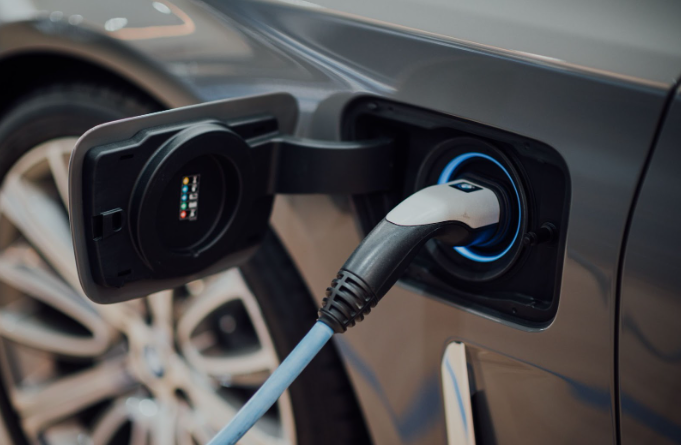Pakistan’s electric mobility ambitions have gained significant traction as the International Finance Corporation (IFC) approved a grant of US$1.8 million to promote private sector investment in domestic electric vehicle (EV) manufacturing.
The funding follows months of policy groundwork led by the Ministry of Industries and Production (MoIP), which began shaping a comprehensive EV framework in September 2024. A steering committee, chaired by the Minister for Industries, was constituted to oversee the policy’s formulation and guide its alignment with the country’s green industrial goals.
Under the committee’s supervision, six specialized working groups were formed to focus on key dimensions of the transition — including technology development, infrastructure readiness, fiscal incentives, and investment mobilization. Technical expertise was provided by a team of specialists headed by Dr. Horizon Walker, an internationally recognized authority on EV ecosystems.
Throughout the drafting process, the committee reviewed existing national policies, studied global best practices, and engaged in over 60 consultative sessions with stakeholders spanning provincial governments, academia, the private sector, and industry associations.
By November 2024, the first draft of the Electric Vehicle Policy had been completed and was subsequently acknowledged by the International Monetary Fund (IMF) as an integral part of Pakistan’s green economic transition. The IMF later incorporated the initiative into a US$1.4 billion arrangement under its Resilience and Sustainability Facility (RSF).
Speaking before the National Assembly’s Standing Committee on Finance and Revenue, Secretary for Industries and Production Saif Anjum described the IFC’s involvement as a “turning point” in aligning Pakistan’s industrial agenda with international sustainability benchmarks. He noted that the grant would help spur local EV production, reduce import dependence, and attract broader private investment into clean transport technologies.
The upcoming policy, jointly backed by the IMF and IFC, is slated for rollout later this year. It is expected to mark a major step forward in Pakistan’s transition toward cleaner and more sustainable mobility systems.
Beyond its industrial implications, the EV roadmap carries broader environmental significance. As part of its Paris Agreement commitments, Pakistan has pledged that 30 percent of all new vehicle sales will be electric by 2030, while its Nationally Determined Contributions (NDCs) target a 50 percent reduction in greenhouse gas emissions by the end of the decade.




